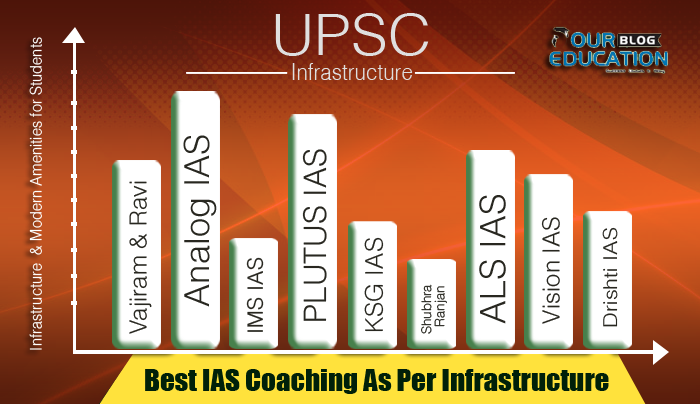Education is the primary agent of transformation towards sustainable development, increasing people’s capacities to transform their visions for society into reality. IAS Coaching in Delhi not only provides scientific and technical skills, it also provides the motivation, and social support for pursuing and applying them. For this reason, society must be deeply concerned that much of current education falls far short of what is required. When we say this, it reflects the very necessities across the cultures that allow everyone become responsible towards quality enhancement.
Improving the quality and revelation of education and reorienting its goals to recognize the importance of sustainable development must be among society’s highest priorities. It is not that we talk only about environment but also about every component of life.
We therefore need to clarify the concept of education for sustainable development. It was a major challenge for educators during the last decade. The meanings of sustainable development in educational set ups, the appropriate balance of peace, human rights, citizenship, social equity, ecological and development themes in already overloaded curricula, and ways of integrating the humanities, the social sciences and the arts into what had up-to-now been seen and practiced as a branch of science education. Some argued that educating for sustainable development ran the risk of programming while others wondered whether asking schools to take a lead in the transition to sustainable development was asking too much of teachers.
These debates were compounded by the desire of many, predominantly environmental, NGOs to contribute to educational planning without the requisite understanding of how education systems work, how educational change and innovation takes place, and of relevant curriculum development, professional development and instructive values. Not realizing that effective educational change takes time, others were critical of governments for not acting more quickly.
Consequently, many international, regional and national initiatives have contributed to an expanded and refined understanding of the meaning of education for sustainable development. For example, Education International, the major umbrella group of teachers’ unions and associations in the world, has issued a declaration and action plan to promote sustainable development through education.
A common agenda in all of these is the need for an integrated approach through which all communities, government entities, collaborate in developing a shared understanding of and commitment to policies, strategies and programs of education for sustainable development. In addition, many individual governments have established committees, panels, advisory councils and curriculum development projects to discuss education for sustainable development, develop policy and appropriate support structures, programs and resources, and fund local initiatives.
Indeed, the roots of education for sustainable development are firmly planted in the environmental education efforts of such groups. Along with global education, development education, peace education, citizenship education, human rights education, and multicultural and anti-racist education that have all been significant, environmental education has been particularly significant. In its brief thirty-year history, contemporary environmental education has steadily striven towards goals and outcomes similar and comparable to those inherent in the concept of sustainability.

